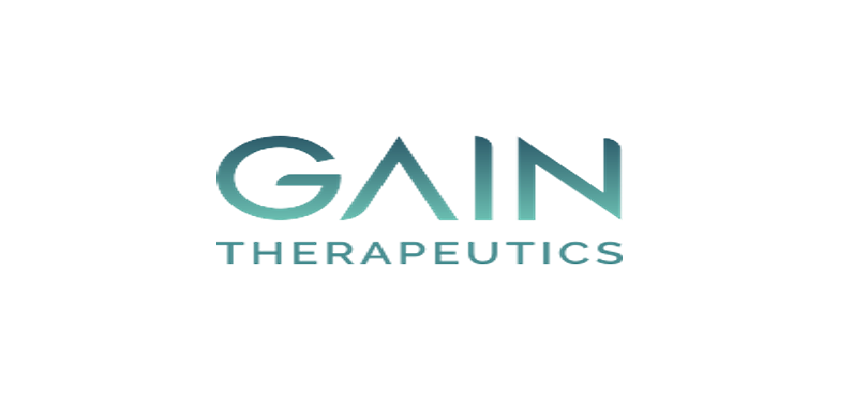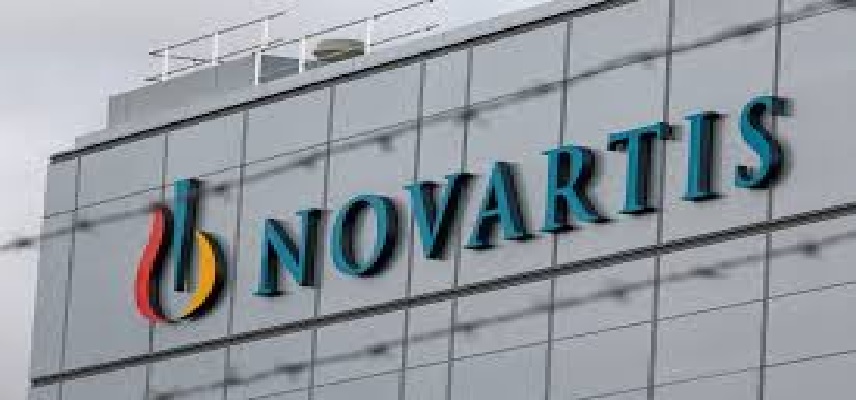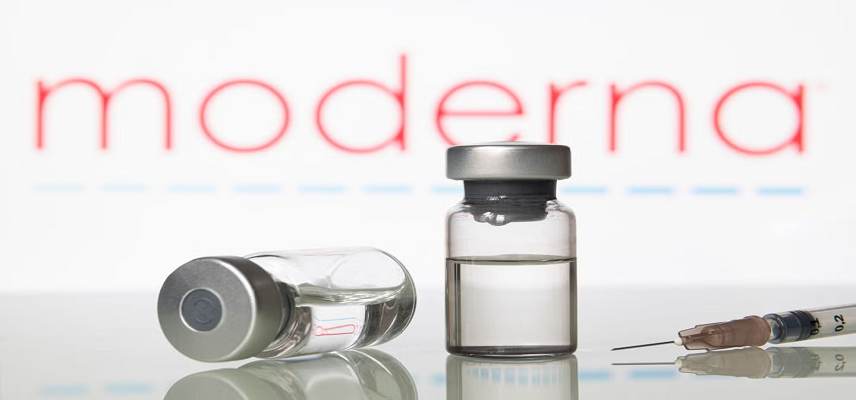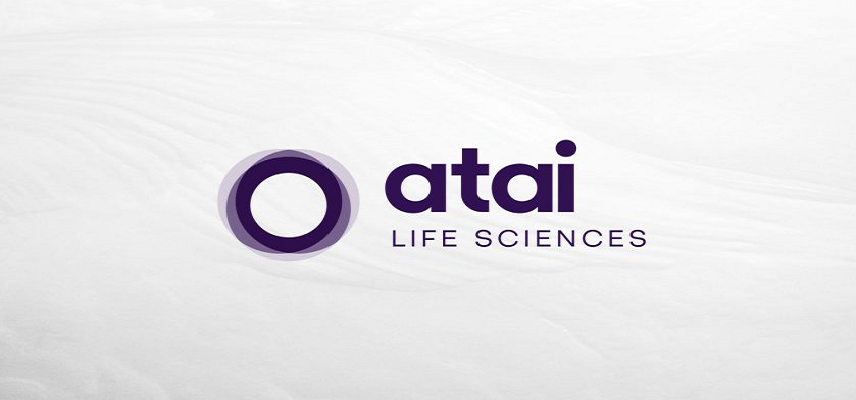Gain Therapeutics completes enrollment in phase 1b...
Category : Clinical Trial Update 3 July 2025Overview Gain Therapeutics, Inc, a clinical-stage biotechnology company leading the discovery and...
Newsletter- All News is a comprehensive section of updated news and current trends, specifically curated to keep clinical trials, including breakthroughs in drug research, regulatory approvals, and advancements in study methodologies. Our news covers key trends in trial designs, patient recruitment strategies, and cutting-edge technologies shaping the future of clinical research

Overview Gain Therapeutics, Inc, a clinical-stage biotechnology company leading the discovery and...

Novartis today announced top-line results from the Phase III GCAptAIN study evaluating Cosentyx®...

Overview Moderna, Inc, a leader in the creation of the field of mRNA medicine, announced positive...

ReproNovo, a company dedicated to developing innovative treatments for reproductive medicine and wom...

Overview atai Life Sciences (atai), a clinical-stage biopharmaceutical company, and Beckley Psyte...